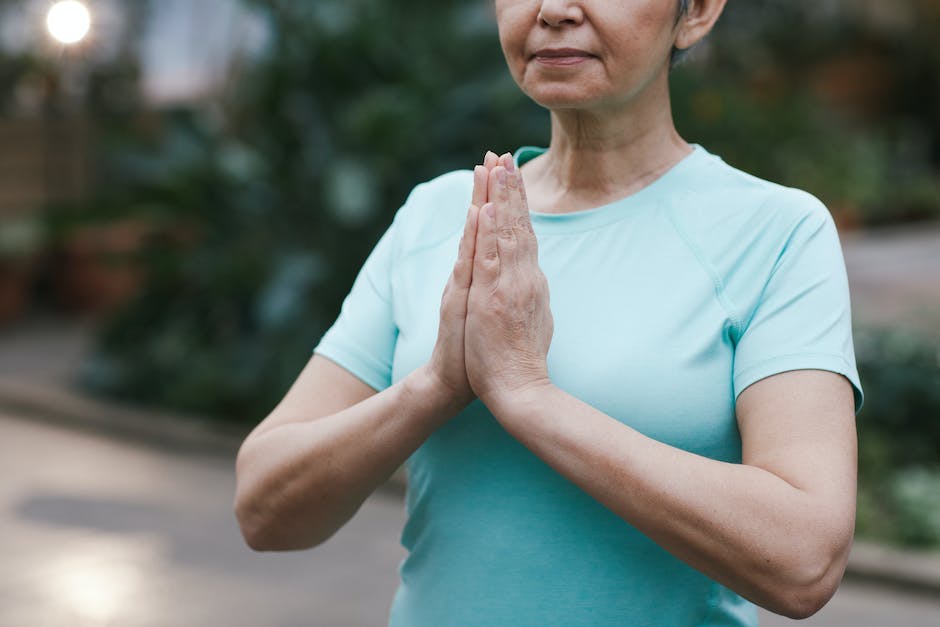As our population ages, it is becoming more important than ever to address the unique needs of our senior citizens. Many seniors struggle with chronic pain, reduced mobility, and a host of other age-related health issues that can make day-to-day life challenging. While traditional forms of treatment are often helpful, some seniors are discovering the benefits of cannabis for managing their symptoms and improving their quality of life. In this blog post, we’ll explore the ways in which cannabis can benefit seniors and discuss some of the barriers that prevent many seniors from accessing this potentially life-changing medicine.
The rise of senior cannabis use

The rise of senior cannabis use is becoming more common as research shows the potential benefits for managing age-related symptoms. According to a recent study, the largest increase in cannabis use was found among adults aged 50 years or older. Many seniors are turning to cannabis as an alternative to traditional medicine, such as opioids that can cause negative side effects. Moreover, cannabis can help manage symptoms like chronic pain, anxiety, insomnia, and loss of appetite, which are prevalent in older adults. As the stigma of cannabis use continues to fade, more seniors are considering it as a viable option for improving their quality of life. However, it’s crucial to note that seniors should consult with their healthcare providers before using cannabis as it may interact with other medications and affect their overall health.
Medical benefits of cannabis for seniors
As seniors age, many experience chronic pain, inflammation, insomnia, and other ailments that can severely impact their quality of life. Traditional pharmaceuticals and treatments may not always be effective and may come with unwanted side effects. This is where cannabis has shown promising results.
Research has found that cannabis can be beneficial for seniors in a variety of ways. Firstly, it can help with chronic pain management, reducing discomfort and improving mobility. This is because cannabis contains compounds called cannabinoids that interact with the body’s endocannabinoid system to regulate pain and inflammation.
Secondly, cannabis has been found to aid in improving sleep quality. As many seniors struggle with insomnia, cannabis can help to promote relaxation and improve the ability to fall asleep and stay asleep.
Moreover, cannabis has been shown to have neuroprotective properties that can potentially slow down the progression of neurodegenerative diseases such as Alzheimer’s and Parkinson’s.
Lastly, cannabis can also help with anxiety and depression. Seniors often experience feelings of loneliness, anxiety and depression, and cannabis can help and relieve many with antipsychotic effects that can improve mood disorders.
While more research is needed, there is growing evidence to suggest that cannabis may be a useful tool in improving the wellness of seniors. With proper education and support, seniors can safely and effectively incorporate cannabis into their wellness routines.
Cannabis for pain management
Cannabis has gained popularity in recent years due to its medicinal properties, particularly in pain management. For senior citizens, chronic pain is a common issue that can greatly affect their quality of life. Prescription pain medication can have debilitating side effects and can also lead to addiction, making cannabis a viable alternative for pain management.
Studies have shown that cannabis can effectively relieve chronic pain, reduce inflammation, and improve sleep quality. It can also improve mood and appetite, which are often affected by chronic pain. The use of cannabis for pain management has the potential to greatly improve the quality of life for seniors.
However, it is important to note that the use of cannabis for medical purposes should always be under the supervision of a healthcare professional. Proper dosing and monitoring are crucial to ensure the safety and well-being of the patient.
In addition, seniors who are considering using cannabis should be aware of the legal and ethical implications. While many states have legalized medical cannabis, it is still illegal under federal law.
Overall, cannabis has shown promising results in pain management for seniors. As the population continues to age, it is important for healthcare professionals to stay informed about potential alternative treatments that can greatly improve the quality of life for our elders.
Cannabis for anxiety and depression
As our elders age, they may encounter common mental health issues such as anxiety, stress, and depression. Traditional treatment methods often include prescription medications with a range of unwanted side effects. However, recent studies have shown that cannabis can help alleviate symptoms of anxiety and depression.
Cannabis contains compounds such as CBD and THC that work with the body’s natural endocannabinoid system to promote relaxation and reduce stress levels. CBD, in particular, has been shown to have anti-anxiety properties and can improve mood by increasing serotonin levels in the brain.
Additionally, cannabis use can also aid in improving sleep quality, which is often disrupted in those struggling with anxiety and depression. Regular use of cannabis can also enhance socialization and improve overall well-being, which is particularly important for aging adults who may face feelings of loneliness and isolation.
While cannabis use may not be suitable for everyone and should be discussed with a healthcare professional, it is becoming an increasingly popular alternative to traditional medications for mental health issues in seniors. With proper education and guidance, cannabis use can help improve the quality of life for our elders and promote their overall wellness.
Using cannabis for sleep disorders

As seniors age, their sleeping patterns may be disrupted, leading to various sleep disorders. Insomnia is one of the most common sleep disorders among seniors. It can negatively impact their quality of life, mood, and cognitive functions.
Cannabis has shown promise in helping seniors with insomnia and other sleep disorders. The cannabis plant holds an array of compounds called cannabinoids, which interact with the body’s endocannabinoid system, helping to regulate sleep-wake cycles.
The primary cannabinoids for sleep improvement are cannabidiol (CBD) and tetrahydrocannabinol (THC). CBD is known for its calming properties, while THC is an excellent sleep inducer. When seniors use cannabis for their sleep disorders, they should go for strains containing higher CBD ratios to THC, as too much THC can make them feel groggy and drowsy the next day.
In addition to helping with sleep, cannabis can also help seniors manage chronic pain, anxiety, and depression, which can contribute to sleep disorders. Research shows that cannabis can alleviate pain, reduce anxiety, and alleviate depression symptoms, leading to improved sleep quality.
However, it’s essential to note that not all seniors will respond to cannabis similarly. It’s vital to consult with a healthcare professional before using cannabis to manage sleep disorders, especially seniors who are on medication or have underlying medical conditions. Overall, cannabis presents a promising alternative to conventional sleep aids, providing seniors with better sleep and improved quality of life.
Cannabis for appetite stimulation

Cannabis has shown promising results in helping seniors maintain a healthy appetite. As the aging process takes its toll, seniors may experience a loss of appetite, making it difficult for them to maintain adequate nutrition levels. However, certain strains of cannabis contain properties that stimulate the appetite, also known as “the munchies,” which can be helpful for seniors who struggle with eating enough.
Research has also shown that cannabis can help alleviate symptoms of nausea and vomiting, which can often accompany chemotherapy treatment or other medical conditions. By easing these discomforts, cannabis may provide a better quality of life for seniors who are already dealing with health challenges.
It is important to note that cannabis use should always be monitored and discussed with a healthcare professional. Seniors who are interested in using cannabis for appetite stimulation or other medical purposes should take the time to understand the risks and benefits and work with a knowledgeable caregiver or provider to ensure safe use.
The risks and precautions for senior cannabis use
While cannabis has shown promise in improving the quality of life for seniors, there are some risks and precautions that should be considered before use. First and foremost, it’s important for seniors to consult with their healthcare provider before starting to use cannabis. This is especially important for seniors who are taking medications, as the interaction between cannabis and certain medications can be harmful. It’s also important to start with a low dose and gradually increase as needed, as seniors may be more sensitive to the effects of cannabis. Finally, seniors should also be cautious when using cannabis alone, as it can increase the risk of falls and accidents. By taking these precautions, seniors can safely use cannabis to improve their wellbeing and quality of life.
Alternative methods of consumption for seniors
There are a variety of alternative methods for cannabis consumption that may be more convenient or comfortable for seniors. Edibles, for example, can provide a discreet and consistent dose of cannabis without any lung irritation. Topicals, which are applied directly to the skin, can provide targeted relief for localized pain or inflammation. Vaporizing may also be an option for those who prefer not to smoke or ingest cannabis. In addition to these methods, there are also a growing number of cannabis-infused products specifically designed for seniors, such as tinctures or capsules, that can be easily consumed and offer a variety of benefits. It’s important for seniors to consult with their healthcare provider before trying any new cannabis products, to ensure it is medically appropriate for them and won’t interact with any prescriptions they may be taking.

